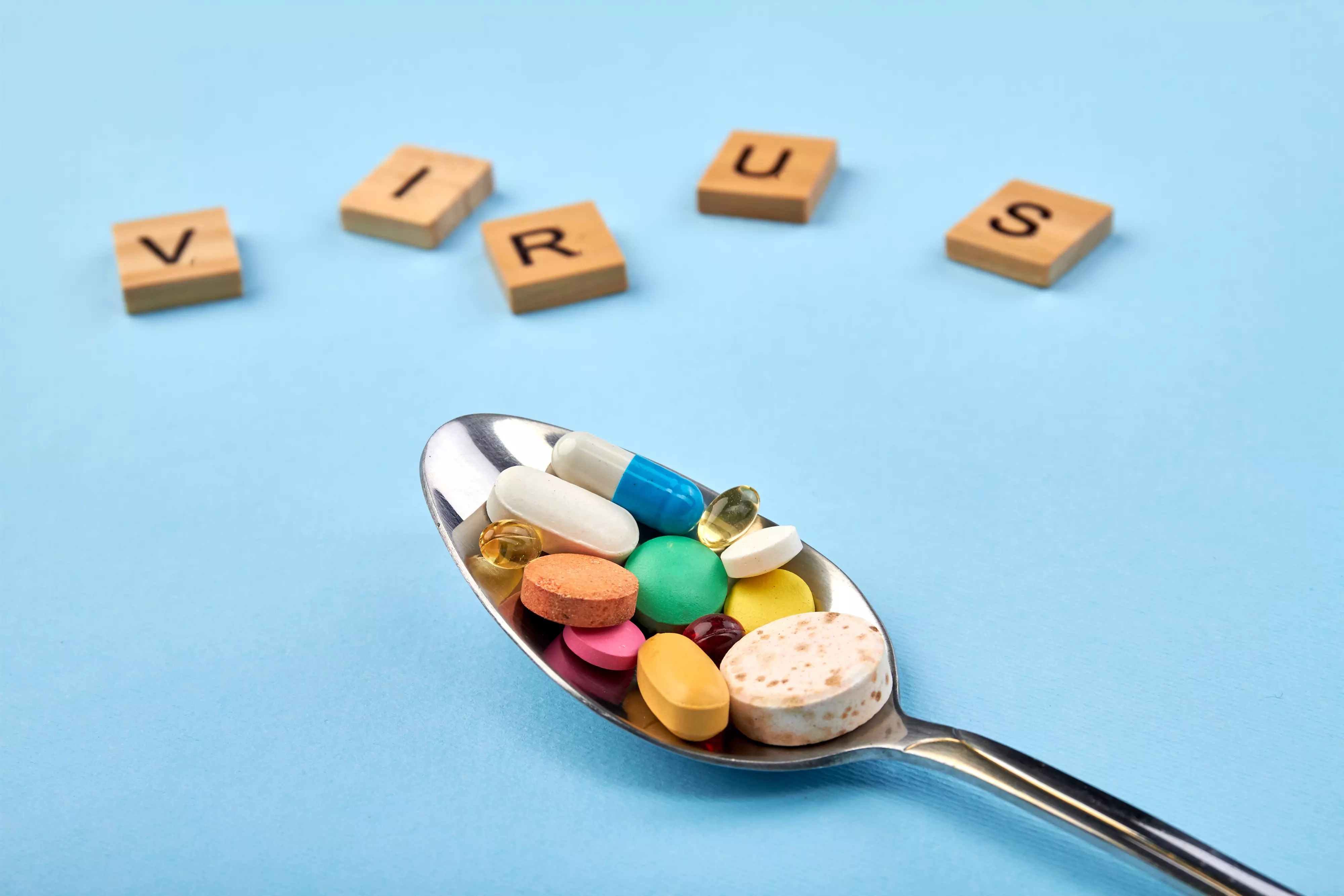Fresh research on antiviral drugs for COVID-19 therapy
Introduction to antiviral drug research
In the wake of the COVID-19 pandemic, researchers around the world have stepped up research into effective treatments for the disease. Antiviral drugs have become a key area of interest because of their ability to reduce the severity and duration of the disease. In this article, we take a look at the latest developments in research on these therapeutics, which could transform the way we treat COVID-19.
New classes of antiviral drugs
One promising avenue in COVID-19 therapy is the use of new classes of antiviral drugs. Over the past few years, researchers have developed a variety of substances to inhibit SARS-CoV-2 virus replication. Among the most promising classifications are core protein inhibitors, which block key processes in the virus' DNA.

These studies have shown that some of these drugs can be effective even against variants of the virus that show resistance to traditional drugs. Encountering such resistance is a significant problem in antiviral therapy, so the development of new classes of substances is particularly important.
Clinical trials and their results
The clinical trials that have been conducted have provided valuable information on the effectiveness of new antiviral drugs. Preliminary results show promising effects, especially in so-called early therapy, i.e. administration of drugs at the beginning of the infection. In studies involving patients with moderate COVID-19, some drugs have shown the ability to rapidly reduce symptoms and speed up recovery.
In the case of drugs such as molnupiravir, which show a strong effect in the viral phase, the results show a significant reduction in hospitalization. Such data are not only positive for patients, but also point to potential benefits for health systems, reducing the burden on hospitals and thereby saving lives.
Safety and side effects
As in any clinical trial, safety is a key element. Researchers are performing detailed analyses to assess the potential side effects and long-term effects of taking new antiviral drugs. Results so far suggest that many of the substances in question are well tolerated by patients.
Nonetheless, some drugs may cause mild side effects, such as headaches or stomach discomfort, which is normal for many formulations. The key is to understand that the benefits of treatment outweigh any risks.
The role of diagnostic tests in therapy
Diagnostics are also an important part of effective therapy. PCR and rapid antigen tests play a key role in identifying patients who may benefit from treatment. The use of appropriate diagnostic procedures allows for more accurate monitoring of disease progression and the effectiveness of therapy.
As research into antiviral drugs progresses, diagnostic tools will need to be further refined so that therapeutic decisions can be made quickly. This combination of therapy and diagnostics can increase the effectiveness of treatment and minimize the risk of complications.
Summary
The latest research on antiviral drugs for COVID-19 therapy shows significant progress in the fight against the pandemic. With the substances and techniques being developed, we can hope for more effective therapy that will bring relief to patients and reduce the burden on health care systems. The safety and efficacy of new drugs are constantly being studied, and their proper implementation based on sound science is key to success in the fight against COVID-19.
As research progresses, the medical world has a chance to save many lives and return to normalcy. It is important to stay abreast of the latest innovations in antiviral therapy and face the challenge of a pandemic together.

Add comment